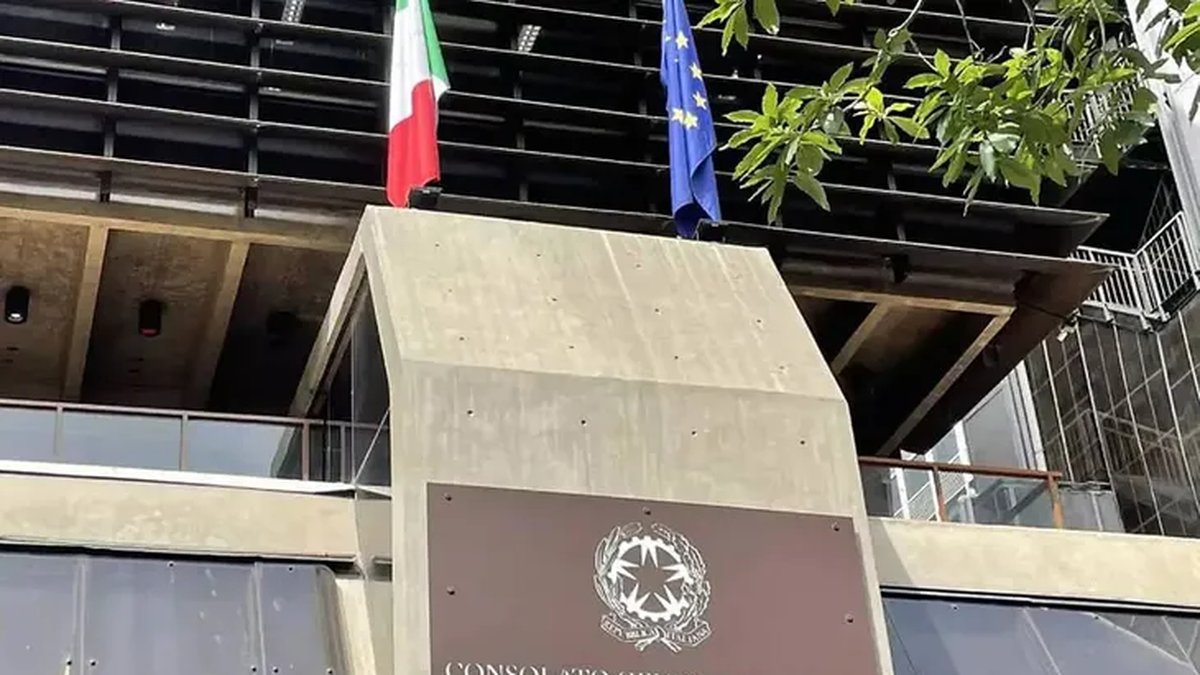More and more e-cars are rolling on Germany’s roads, because many want to get away from the climate-damaging CO2 when driving. And the state injects a lot of money into buying or leasing.
The state has paid out a total of 4.6 billion euros for the promotion of electric cars since 2016. This emerges from the response of the federal government to a request from the left, which is available to the German Press Agency.
Of this, around 798 million euros flowed for almost 160,000 electric cars from Volkswagen, according to the Ministry of Economic Affairs. Almost 441 million euros were paid for the purchase or leasing of around 90,000 electrically powered Renaults, 406 million euros for almost 104,000 Mercedes cars and 339 million euros for a good 90,000 BMWs. Around 59,000 cars from the US manufacturer Tesla received a good 304 million euros, and another 296 million euros for almost 59,000 Hyundai cars. Since 2016, government bonuses have been paid in response to around 965,000 applications.
For a fully electric vehicle with a net list price of up to 40,000 euros, there is currently a bonus of up to 9,000 euros: 6,000 euros from the state if the manufacturer contributes a further 3,000 euros. For plug-in hybrids, there are up to 6750 euros.
The black-red federal government decided in 2019 to extend and increase the environmental bonus until the end of 2025. Because of the corona pandemic, it was decided in the summer of 2020 to temporarily double the state’s share of funding for electric vehicles in the form of an innovation premium. The traffic light coalition only wants to continue the subsidy scheme unchanged until the end of 2022. What comes after that is uncertain.
Left parliamentary group leader Dietmar Bartsch criticized the high costs for taxpayers and called for the purchase premium to be stopped in this form. “The citizens could be relieved of the energy costs with the money,” said Bartsch of the dpa. The car companies should set purchase incentives themselves, not the taxpayers.
The current funding is a redistribution from bottom to top and from east to west. “It cannot be that the Brandenburg nurse who commutes with her fuel bill has to help finance the new car of the Munich chief doctor,” said the left-wing politician.
According to the Ministry of Economic Affairs, most electric vehicles were subsidized in the most populous state of North Rhine-Westphalia, namely around 252,000. In Bavaria it was almost 184,000 and in Baden-Württemberg a good 160,000. In all five East German federal states together there were almost 88,000 vehicles.
Source: Stern
Jane Stock is a technology author, who has written for 24 Hours World. She writes about the latest in technology news and trends, and is always on the lookout for new and innovative ways to improve his audience’s experience.




